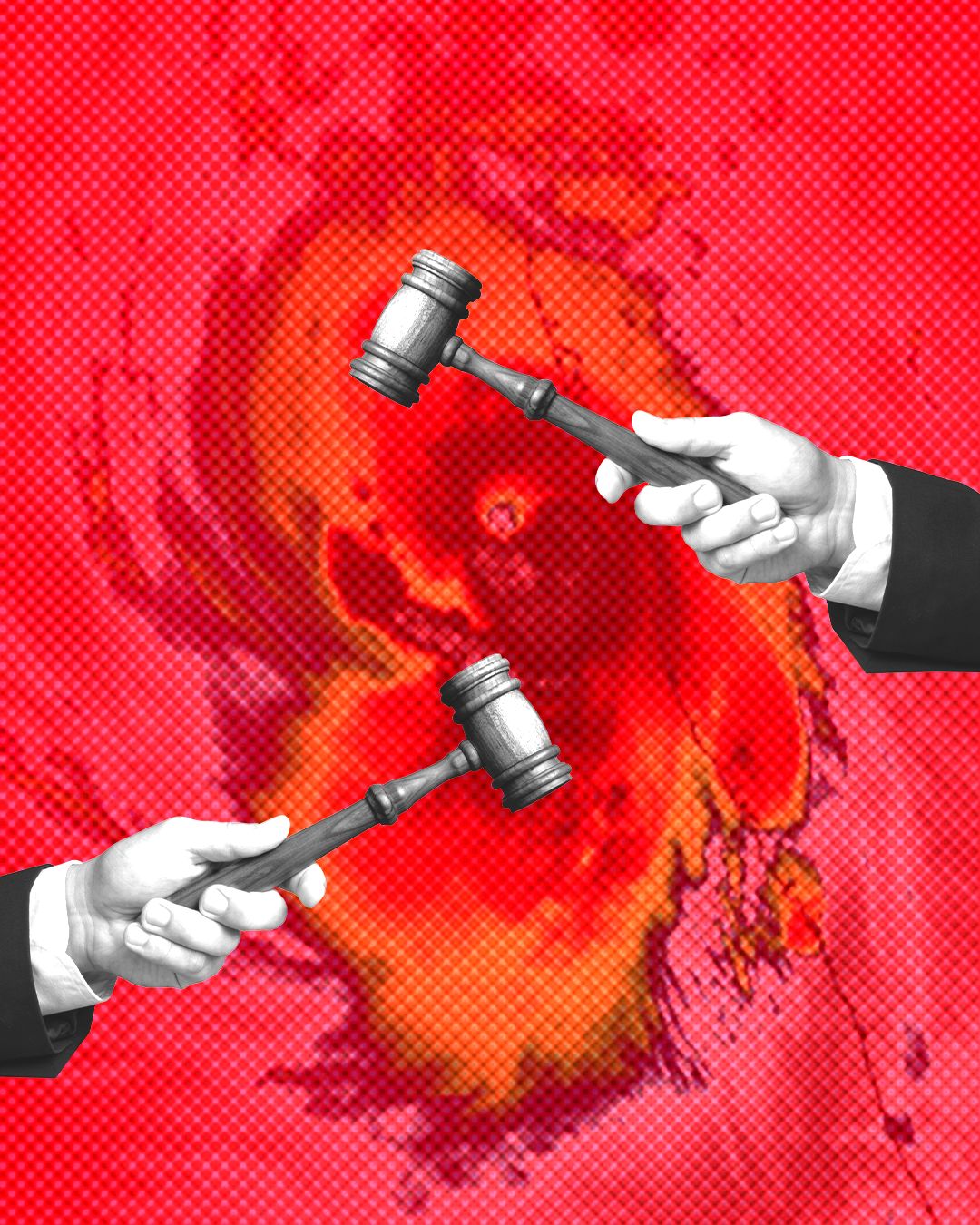References:
- https://veditum.org/2025/06/12/isw-pr-mpdata/
- https://web.archive.org/web/20230327002221/http://www.indiaenvironmentportal.org.in/content/469669/order-of-the-national-green-tribunal-regarding-violation-of-environmental-clearance-01022021/, https://indiankanoon.org/doc/75751916/
- https://www.scobserver.in/journal/supreme-court-review-2023-the-diversity-problem-remained-unaddressed/
- https://sabrangindia.in/mumbai-hundreds-of-people-displaced-after-demolitions-in-jai-bhim-nagar/
- https://www.reuters.com/world/india/adani-defending-key-india-projects-against-environmental-challenges-2025-03-21/
- https://india.mongabay.com/2024/04/more-than-15-years-on-implementation-of-forest-right-act-is-lagging-new-report-finds/

